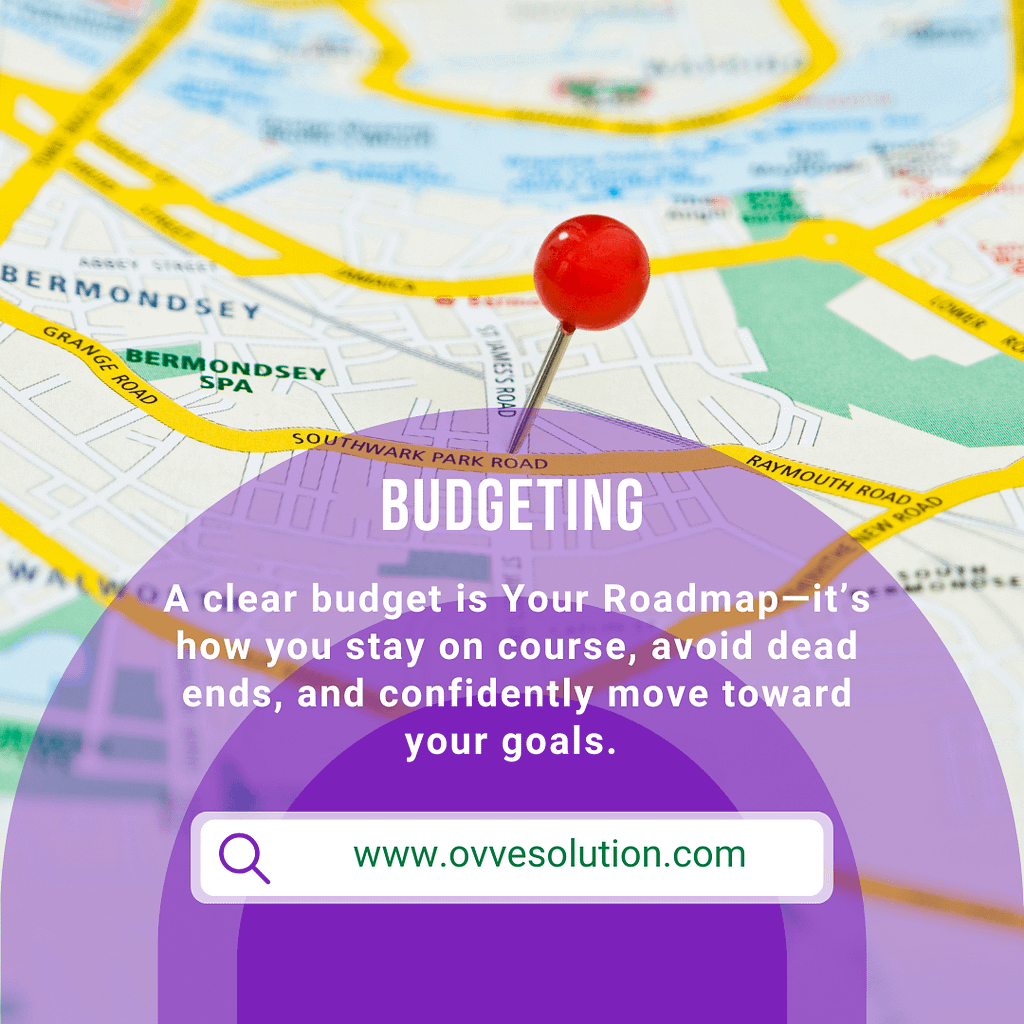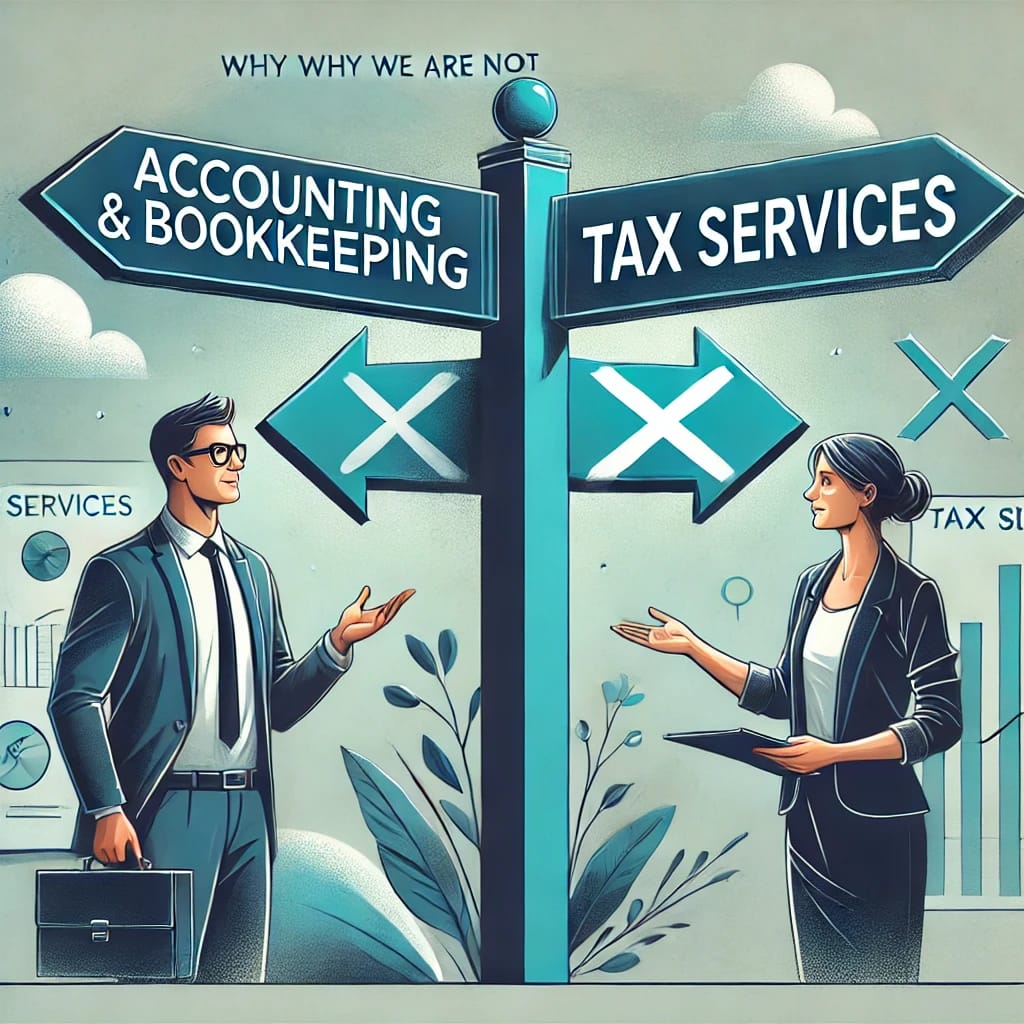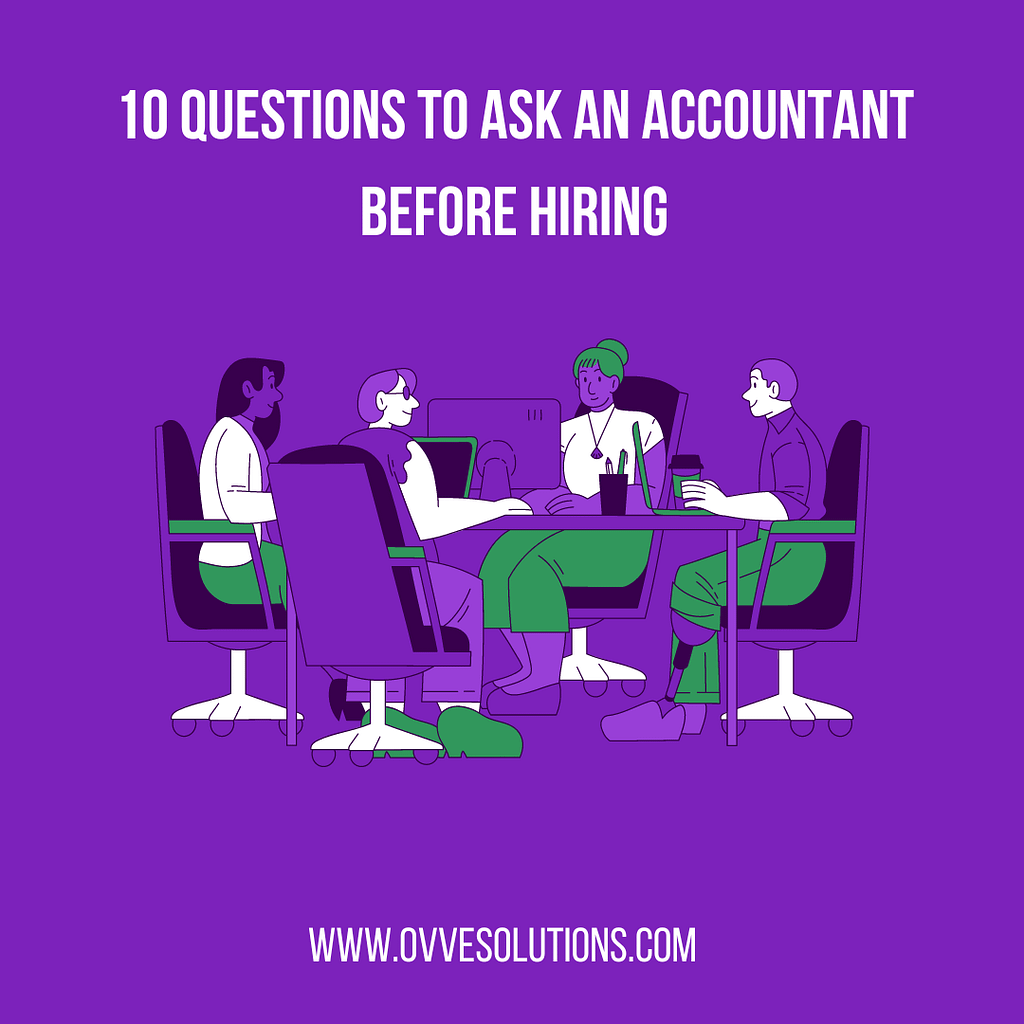
Every business has financial blind spots. They’re the overlooked, misunderstood, or underestimated aspects of your finances that can quietly grow into significant challenges. While they’re often hidden from plain sight, financial blind spots can lead to cash flow issues, tax penalties, or missed growth opportunities if left unaddressed.
The good news? Identifying and fixing these blind spots doesn’t have to be daunting. With the right strategies and support, you can turn these vulnerabilities into strengths. Here’s how to start:
Common Financial Blind Spots
- Inaccurate Cash Flow Projections: Many business owners underestimate the importance of precise cash flow forecasting. Even minor miscalculations can lead to overestimating available funds or failing to prepare for upcoming expenses.
- Untracked Expenses: Small, recurring expenses can add up quickly. Subscriptions, software fees, and minor purchases may not seem significant on their own but can quietly drain your resources if not tracked diligently.
- Overdue or Uncollected Invoices: Outstanding invoices can be a silent killer for your cash flow. A lack of follow-up systems often leads to delayed payments, impacting your ability to invest in growth.
- Improper Tax Planning: Missing deadlines or failing to take advantage of tax deductions can result in hefty fines and lost savings. This is one of the most common blind spots for small business owners.
- Underutilized Financial Tools: Investing in accounting software is one thing; using it to its full potential is another. Many businesses miss out on features that could streamline operations and provide valuable insights.
How to Spot and Fix Financial Blind Spots
1. Conduct Regular Financial Reviews: Set aside time each month to go over your financial statements. Look for discrepancies, patterns, or areas of concern that might need attention.
2. Leverage Technology: Use robust accounting software to automate tasks, track expenses, and generate accurate reports. Technology can illuminate areas you may have missed manually.
3. Partner with Financial Experts: Sometimes, an outside perspective is the best way to uncover blind spots. A professional accountant or bookkeeper can identify issues you might not see and provide actionable solutions.
4. Set Up Clear Processes: Implement processes for invoicing, expense tracking, and tax preparation. Clarity and consistency are your best defenses against financial oversights.
Why Addressing Blind Spots Matters
Financial blind spots don’t just hinder growth—they put your entire business at risk. From unanticipated expenses to missed opportunities, these gaps can create roadblocks that are expensive to fix later. By being proactive, you not only safeguard your business but also position it for sustainable success.
Partner with OVVE Accounting Solutions
At OVVE Accounting Solutions, we specialize in helping service-based businesses like yours uncover and address financial blind spots. From cash flow management to budget preparation, our tailored solutions bring clarity and confidence to your financial operations.
Don’t wait for a blind spot to turn into a disaster. Take the first step toward financial clarity today.















